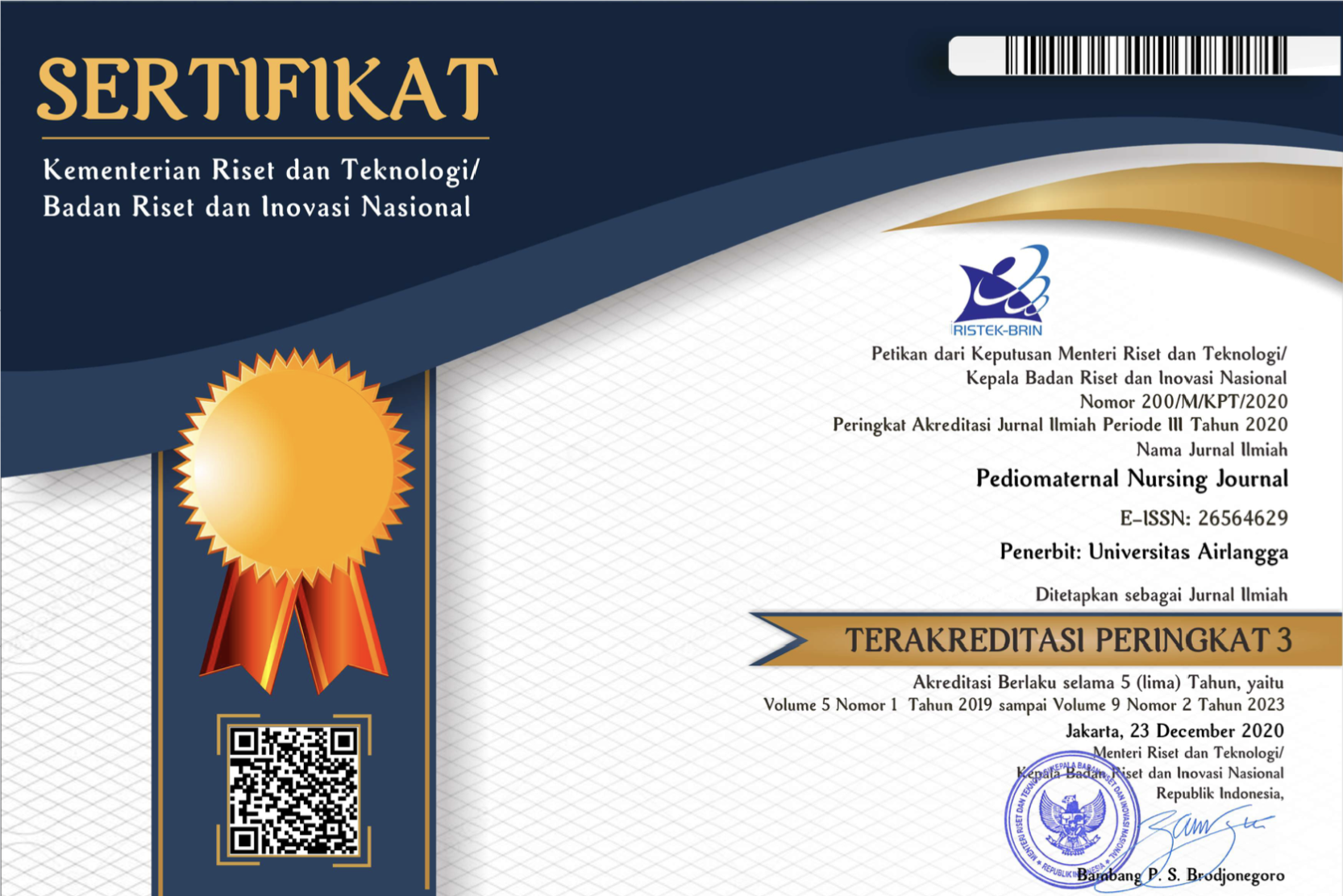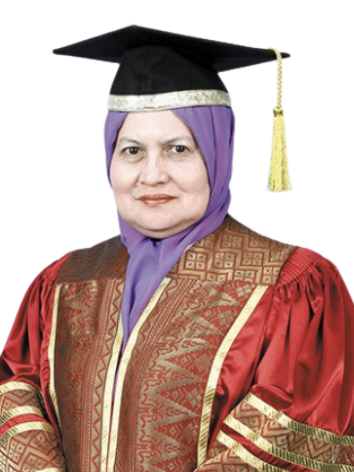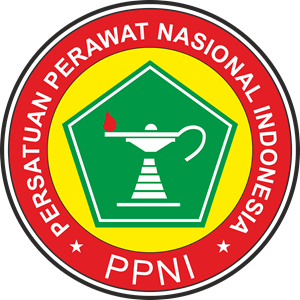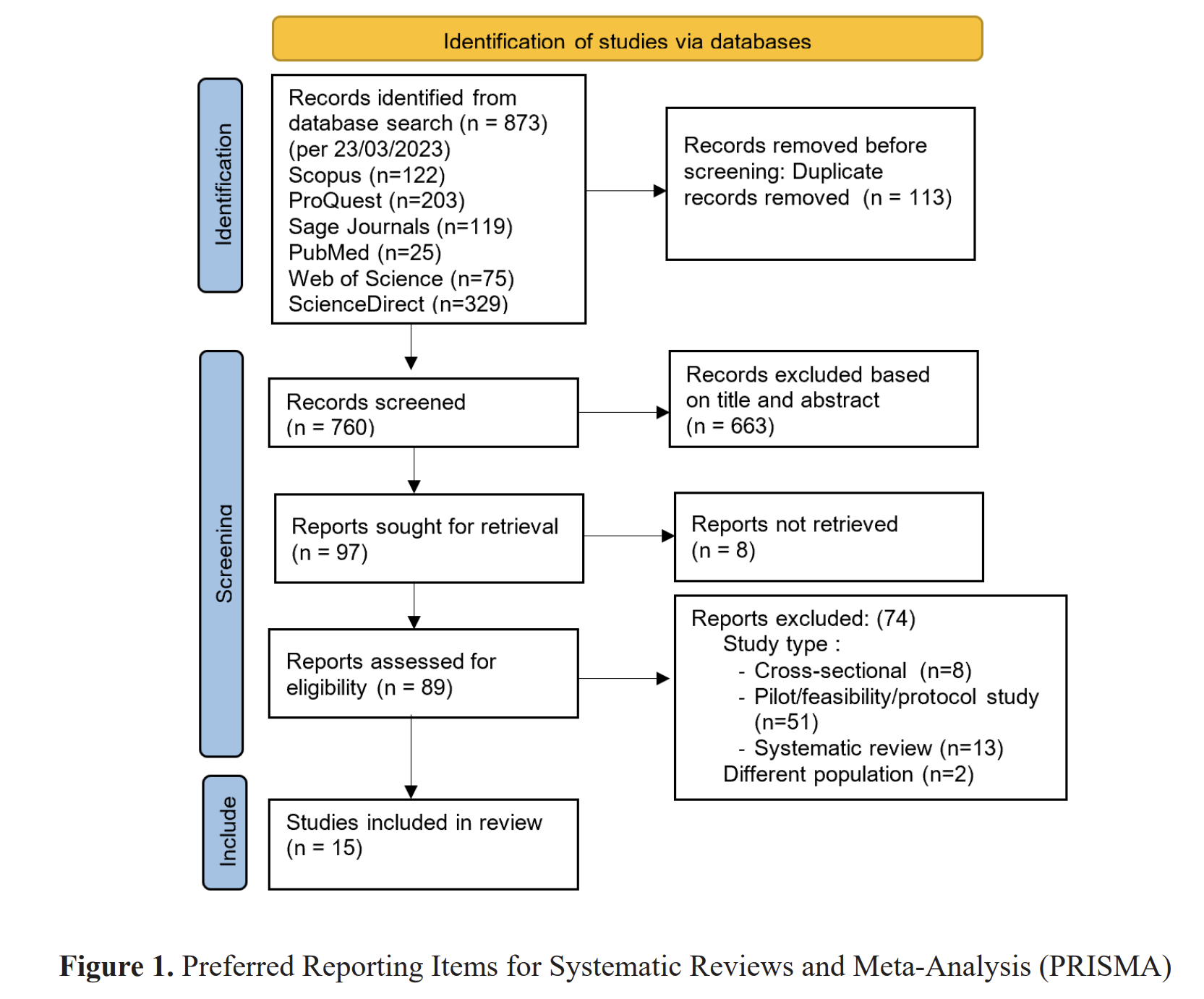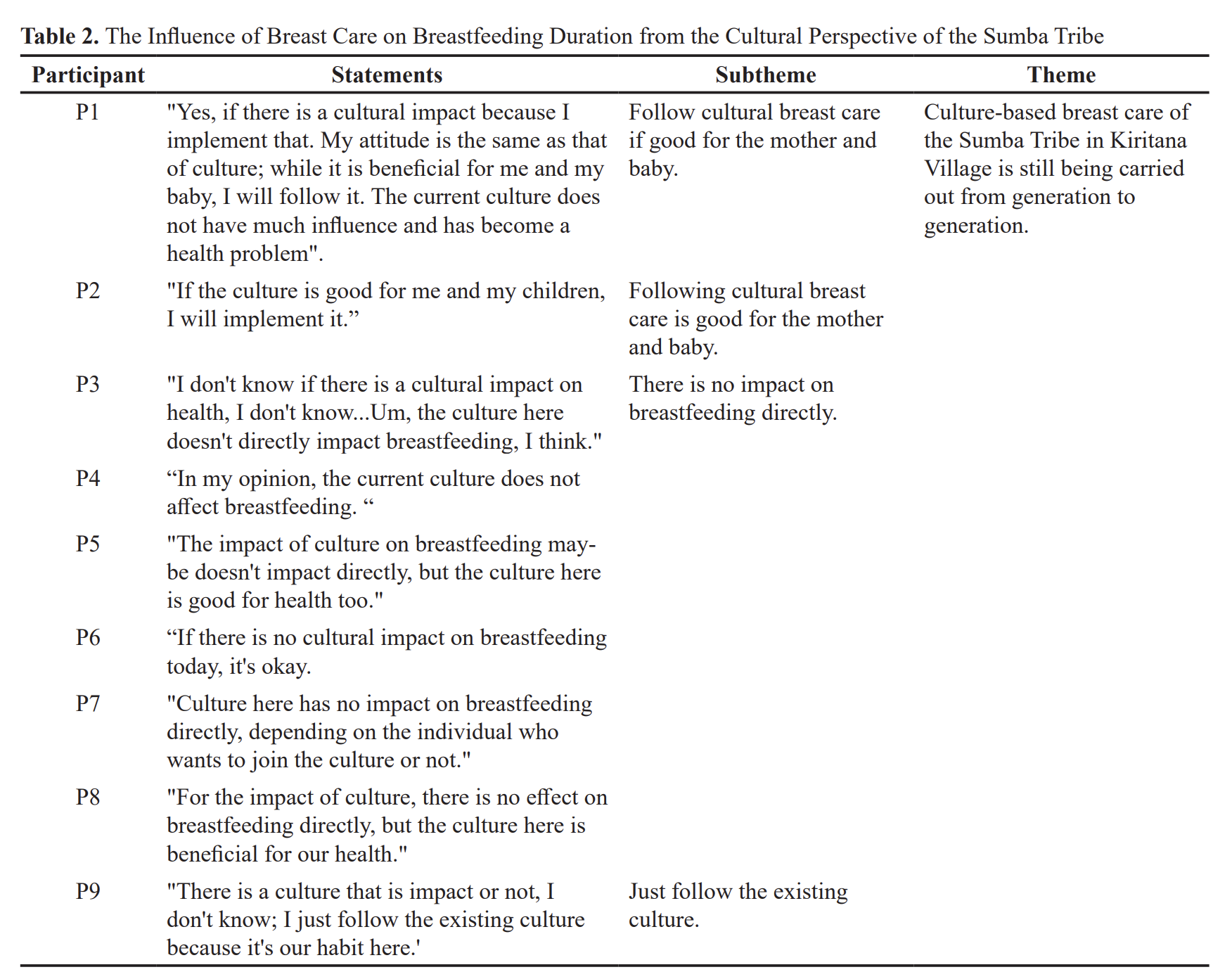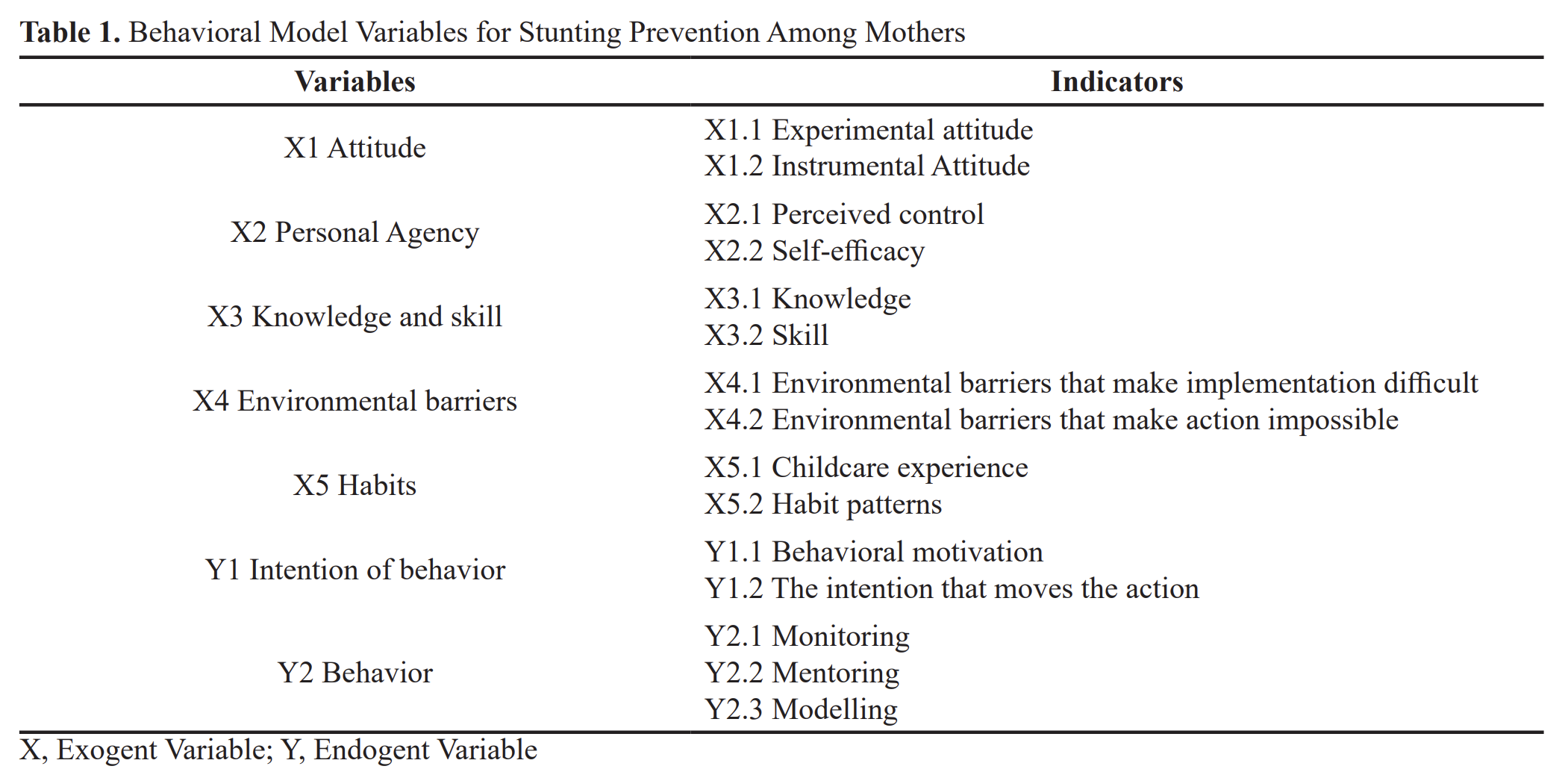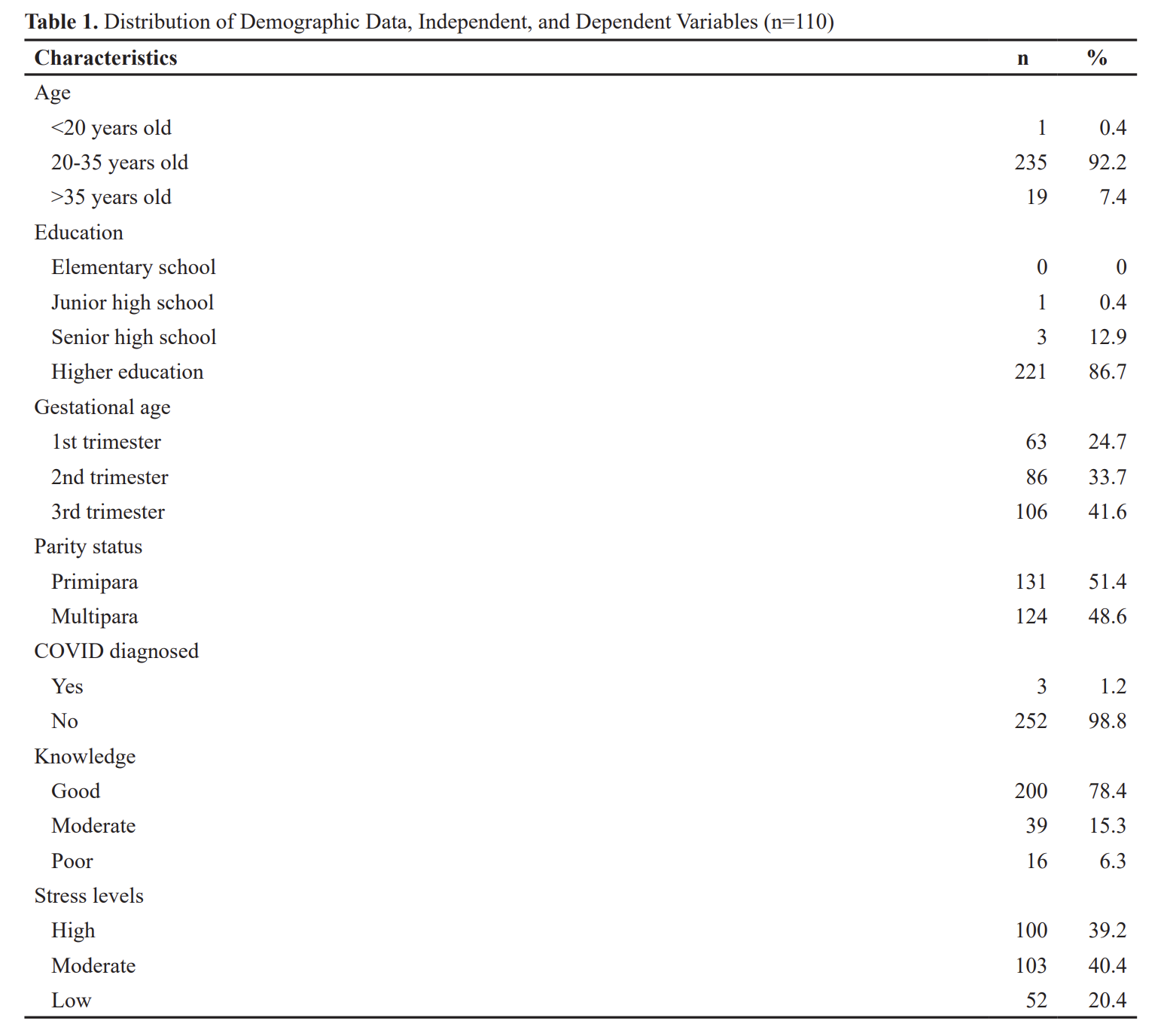Dukungan Sosial sebagai Faktor Utama Pemberian Intervensi Gizi Spesifik pada Anak Usia 6-24 Bulan dengan Kejadian Stunting berbasis Transcultural Nursing
Downloads
Introduction: Stunting is a chronic nutritional issue that happens in the world including Indonesia caused by local cultural factors. Madurese people are one of the races that closely live to their culture. Madurese people practice a culture that is related to nutrition intervention provision for toddlers. This study was aimed to analyse the factors related to specific intervention provision as an effort to prevent stunting from occurring to toddlers aged 6-24 months old.
Methods: This study used analytical design in Galis community health care December 2019. The population in this study were 160 mothers with toddlers aged 6-24 months old in which 115 of them were selected as sample based on purposive sampling. The inclusion criteria were the mothers who lived with their child in one house and caring for the child themselves. Exclusion criteria were mothers with a history of Special Economic Zone (SEZ) and mothers who were not present at the time of the study. The independent variables in this study were technological factor, religious and philosophical factor, social support factor, cultural value and lifestyle, political and legal factor, economic factor, and educational factor. Meanwhile, the dependant variable was the provision of specific nutritional interventions, namely colostrum, exclusive breastfeeding – breastfeeding up to 23 months accompanied by complementary foods, worm medicine, zinc supplements, iron, complete immunization, and diarrhoea prevention and treatment. The data were collected by questionnaires with Logistic Regression Analysis.
Results: The result of this study showed that social support is related to specific nutrition intervention provision with significance of p= 0.003. Cultural values and life style are related to specific nutrition intervention provision with significance of p= 0.048.
Conclusion: According to this study, factors that give significant influence is social support consisting of instruction information and advice. Madurese people still believe that the most influential and experienced persons in child caring are grandmother, mother in law, and parents.
Sandjojo PE. Buku saku Desa dalam Penanganan Stunting. Jakarta: Keenterian Desa, Pembangunan Daerah Tertinggal, dan Transmigrasi; 2017. 42 p.
Kusharisupeni. Gizi Dalam Daur Kehidupan (Prinsip-Prinsip Dasar). Jakarta: PT Raja Grafindo Persada; 2008.
Jahari AB. Penurunan Masalah Balita Stunting. Jakarta: Persatuan Ahli Gizi Indonesia (PERSAGI); 2018. 46 p.
Riskesdas. RISET KESEHATAN DASAR. Ris Kesehat Dasar 2013. 2013;
Sumekar S, Haryadi U. Sosialisasi Sustainable Development Goals (SDGs). In Jakarta: Perpustaknaan Nasional; 2016. p. 39.
Sjarif DR, Yuliarti K, Lestari ED, Sidiartha IGL, Nasar MM SS. Rekomendasi Praktik Pemberian Makan Berbasis Bukti pada Bayi dan Batita di Indonesia untuk Mencegah Malnutrisi. Rekom Dr Anak Indones. 2015;10–26.
Laksono A. Pedoman Perencanaan Program. Gerak Nas Percepatan Perbaikan Gizi dalam Rangka Seribu Hari Pertama Kehidup (Gerakan 100 HPK). 2012;10–7.
Adriani M, Wirjatmadi B. Pengantar Gizi Masyarakat. Jakarta: Kharisma Putra Utama; 2012.
Illaihi KR, Muniroh L. Gambaran Sosio Budaya Gizi Etnik Madura dan Kejadian Stunting Balita Usia 24-59 bulan di Bangkalan. J Nutr. 2016;11:135–43.
Firdhani, A E, R.G I. Pola Pemberian ASI, MP-ASI dan Status Gizi Anak Usia 1-2 Tahun pada Keluarga Etnis MAdura dan Etnis Arab(Studi di Puskesmas Pegiran dan Puskesmas Perak Timur Surabaya). Bul Penelit Sist Kesehat. 2015;90–9.
Leininger M. Culture Care Theory : A Mayor Kontribution to Advance Transcultural Nursing Knowledge and Parcties. Transcult Nurs. 2002;13:189.
Rahmawati D. Analisis Faktor Faktor yang Berpengaruh Terhadap Pemanfaatan Teknologi Informasi. J Ekon dan Pendidik. 2019;5(1):107–18.
Wahid J. Pengaruh Teknolo Komunikasi terhadap Perilaku Manusia. J Progr Stud Pendidik Bhs dan Sastra Indones Univ Wiralodra, Indramayu. 2016;
Melo L.P.D. Sunrise Model : A Contribution to the Teaching of Nursing Consultation in Collective Healt. Am J Nurs Res. 2013;1:20–3.
Motee A and JR. Importance of Breast Feeding and Complementary Feeding Among Infants. Curr Res Nuyrition Food Sci. 2014;2:56–72.
Narendra HY. Analisis Faktor yang Berhubungan dengan Pemberian ASI Eksklusif Berbasis Transcultural Nursing di Puskesmas Sreseh Kabupaten Sampang. Universitas Airlangga; 2017.
Purwaningsih, Ni Ketut Alit A, Esti Y, Mira T C. Atenatal Class Services Standart Complicated of Village Midwife in East Java Province. 2013;295–300.
Mn, C. and Sebean M. Transcultural Nursing in Zimbia : A Challengge for the21 st Century. Ann Nurs Res Pr. 2017;2:1–4.
Leininger M. Culture Care Theor : A Ma or contri ution to Advance Transcultural ur sing Knowladge and Practies. J Transcult. 2002;13:189.
Friedman M, Bowden V, Jones E. Buku Ajar Keperawatan Keluarga : Riset, Teori, dan Praktik. 5th ed. Yani S, Hamid, editors. Jakarta: EGC; 2010.
Ramadani M, Hadi EN. Dukungan Suami dalam Pemberian ASI Eksklusif di Wilayah Kerja Puskesmas Air Tawar Kota Padang, Sumatera Barat. Kesmas Natl Public Heal J. 2010;4(6):269.
Anggorowati, Nuzulia F. Hubungan antara dukungan keluarga dengan pemberian ASI eksklusif pada bayi di Desa Bebengan Kecamatan Boja Kabupaten Kendal. J Keperawatan Matern. 2013;1(3):1–8.
GAY. Pemberian ASI Eksklusif dan Faktor-faktor yang Mempengaruhi. Gizi. 2014;20(4):15–26.
Jang MK et al. Belief factor associated with breastfeeding intentions of single woman : Based on the theory. J Nutr Heal. 2017;50 (3):284.
Debevec AD, Evanson TA. Improving Breastfeeding Support by Understanding Women's Perspectives and Emotional Experiences of Breastfeeding. Nurs Womens Health. 2016;20(5):464–74.
Efendi, Makhfudli. Keperawatan Kesehatan Komunitas : Teori dan Praktek dalam Keperawatan. Jakarta: Salemba Medika; 2009.
Laura, H.c and Santos I. Breastfeeding Pattern an Duration and Post-Partum Maternal Weight Retention. Clin Mother Child Heal. 2016;6–11.
Booth, DA dan Booth P. Targeting Cultural Changes Supporti e of The Healthiest le Patterns. Appetite. 2011;56:210–21.
Micklewright D, Northeast L, Parker P, Jermy M, Hardcastle J, Davison R, et al. The cardiac rehabilitation inventory a new method of tailoring patient support. J Cardiovasc Nurs. 2016;31(2):175–85.
Munawara, Yasak, E. M . Dewi SI. Budaya Pernikahan Dini Terhadap kesetaraan Gender Masyarakat MAdura. J Ilmu Sos dan Ilmu Polit. 2015;4:426–31.
Hidayat AA., et al. Pengembangan Model Keperawatan Berbasis Budaya (Etnonursing) Pada Keluarga Etnis Madura. Universitas Muhamadiyah Surabaya; 2013.
Fatonah s. Analisi Faktor yang berhubungan dengan Animea pada Ibu Hamil Berbasis Transcultural Nursing di wilayah kerja Puskesmas Socah. J Nurs Perpstakaan Univ Airlangga. 2016;
Yunitasari, E., Pradani, R. and S. Early Marriage Based on Trabscultural Nursing Theory in Kara Village Sampang. J Ners. 2016;164–9.
Manurung JJ, Adler H. Manurung. Ekonomi Keuangan dan Kebijakan Moneter. Pertama. Jakarta: Salemba Empat; 2009.
Nadhiroh K. dan S. Faktor yang Berhubungan dengan Kejadian Stunting Pada Balita. J Media Gizi Indones. 2015;13–9.
Septiana, R., Djanah, R.S.N., Djamil MD. Hubungan antar pola pemberian makanan pendamping asi dan status gizi balita usia 6-24 bulan diwilayah kerja Puskesmas Gedongtengteng Yogyakarta. J Kesehat Masy. 2010;4:118–24.
Ariningsih, E., Rachman HPS. Strategi peningkatan ketahanan pangan rumah tangga rawan pangan. Analisis Kebijakan Pertanian, 6(3), 239-255. 2008.
Fikawati S dan A. Kajian Impementasi dan Kebijakan Air Susu Ibu eksklusif dan Inisiasi Menyusui Dini di Indonesia. Makara Kesehat. 2010;17–24.
Fauzia D i. Pola Konsumsi Pangan dan Status Gizi Balita yang Tinggal di Daerah Rawan Pangan di Kabupaten Banjarnegara, Jawa Tengah. Institut Pertaian Bogor. Institut Pertanian Bogor; 2009.
Proverawati A. & Rahmawati E. Kapita Selekta ASI dan Menyusui. Yogyakarta: Nuha Medika; 2010.
Kemenkes. Kementerian {Kesehatan} {Republik} {Indonesia}. In Kementeria Kesehatan Republik Indonesia; 2017.
Nasikhah R. Faktor Risiko Kejadian Stunting Pada Balita. Univ Diponegoro. 2014;1:1–27.
Sereebutra P, Solomons N, Aliyu MH, Jolly PE. Sociodemographic and environmental predictors of childhood stunting in rural Guatemala. Nutr Res. 2006;26(2):65–70.
Rahayu A, Khairiyati L. Resiko Pendidikan Ibu anak stunting pada anak usia 6-23 bulan. 2014;37(Ci):129–36.
Liswati EMEY, Studi P, Gizi I, Kesehatan FI, Surakarta UM. Hubungan Karakteristik Ibu Dengan Status Gizi. 2016;
Notoadmodjo S. Kesehatan Masyarakat Ilmu dan Seni. In: Kesehatan masyarakat Ilmu dan Seni. Jakarta: Rineka Cipta; 2011.
Copyright (c) 2019 Vima Utya Cahyani, Esti Yunitasari, Retno Indarwati

This work is licensed under a Creative Commons Attribution 4.0 International License.
1. The journal allows the author to hold the copyright of the article without restrictions.
2. The journal allows the author(s) to retain publishing rights without restrictions.
3. The legal formal aspect of journal publication accessibility refers to Creative Commons Attribution (CC BY).

